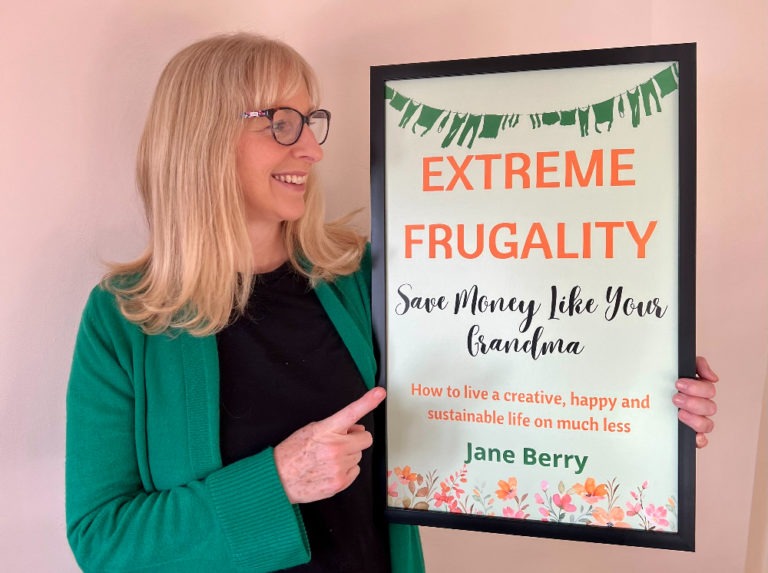How to build up a credit history
Money Talk is intended to inform and educate; it's not financial advice. Affiliate links, including from Amazon, are used to help fund the site. If you make a purchase via a link marked with an *, Money Talk might receive a commission at no cost to you. Find out more here.
Women on average have lower credit scores than men, and this is having serious ramifications when they borrow.
Over a lifetime, that gender credit gap comes at a cost of £16,913 according to one report.
Credit broker Credit Karma revealed that the women who use their service have an average credit score of 652, compared to a men’s average of 702.
They looked at the consumer credit products they might take out – such as mortgages, credit cards and personal loans – and worked out the interest payments that might be applied based on those credit scores.
Why credit scores matter
Interest rates, by the way, are typically lower if you have a better credit score because you’re considered lower risk.
Because of the difference in credit scores, over a lifetime, women will repay as much as £152,403 in interest while this is just £135,490 for men according to the report.
It’s quite a simplistic way to look at things but it does make a very important point: having a good credit history is very important if you plan to do any significant borrowing.
Why women have lower credit scores
The fact that women have lower credit scores is actually nothing new – plenty of studies in different parts of the world have found this.
And ironically, despite having lower credit scores, one report by the Urban Institute actually found that women were better at paying back debts like mortgages – but that’s another issue.
The problem here is why women have lower credit scores.
Credit Karma’s research suggests that a key contributor to this is the fact that many women don’t have financial products in their own name. Instead, it’s shared or solely in their male partner’s name.
They’re also more likely to take out financing that has no effect on their credit score, such as using Buy Now Pay Later schemes.
That side of things is actually fairly easy to address – it will take time, however.
Read this: How women can plan for financial freedom
Your credit score isn’t everything
Your credit score – the number – is actually just a simplified snapshot of what’s on your credit report.
Lenders will be looking for specific information in files held on you by credit ratings agencies (CRA), such as how long you’ve had a credit card or how much debt you currently hold, rather than just the number.
It means to address what’s holding lenders back from giving you the best deal, you’ll need to see your credit report too.
Using credit ratings agencies
Three CRAs cover the UK: Experian*, Equifax and TransUnion.
All three of these offer free credit reports: Experian via MoneySavingExpert’s Credit Club, Equifax via ClearScore and TransUnion via Credit Karma.
There’s usually a brokerage element to these sites – so if you apply for a financial product through them, they may earn a commission. But you’re under no obligation to apply for anything.
If you already have an excellent credit score, then you’re doing great. But anything less than this and you can try to improve it.
How to improve your credit score
The first thing to look for is any glaring errors that could stop your application from being accepted by lenders, like the wrong address being associated with your account or credit products you didn’t know you had.
Being registered on the electoral roll is an important step to boosting your score, as is having bills (utilities and things like mobile phone contracts) or council tax in your name.
But having a steady address can also help – moving home too often can be a risk indicator to lenders.
After that, you’ll need to have some evidence of responsible borrowing.
That means having a line of credit that isn’t more than you can afford and regularly repaying any debts you have, such as financing for a car.
Credit cards can also be useful, as long as you spend within your means and repay the full balance each month.
If you have bad debt, there are also credit cards specifically targeted at helping you to rebuild your credit score – these tend to have higher interest rates and lower spending limits.
Comparison websites like moneysupermarket.com have a good list of these*.
Another option might be Experian Boost, a tool the CRA launched last year to instantly boost your credit score.
You have to connect up your bank to the service so they can scan your transactions to get a more accurate picture of your income and spending habits.
There are a few spending areas that it will look for, including payments into savings and investment accounts, council tax payments, as well as subscriptions to services such as Netflix, Spotify and Amazon Prime.
What might stop lenders giving you the best rate
Your credit report isn’t the only thing a lender will look at – they will also take into consideration any existing and previous arrangements you may have had with them.
Your salary is another factor, which is where the effects of the gender pay gap comes in.
If you have a lower salary, a lender may see you as more risky, as the affordability of any credit you apply for is lower compared to someone with a higher salary and the same amount of debt.
And with women disproportionately earning a lower salary…
Pin this for later








